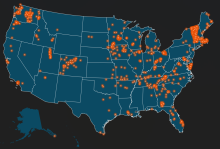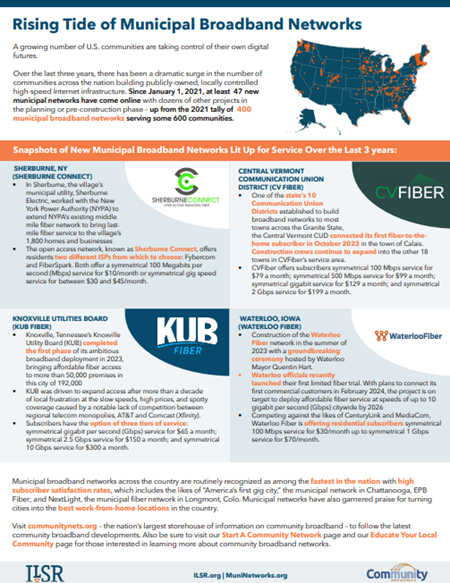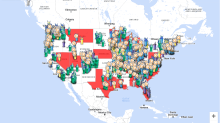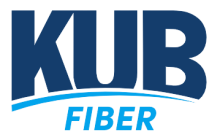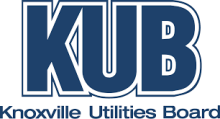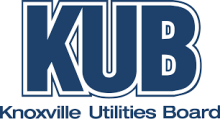Tennessee Munis, Electric Cooperatives Get Major Chunk Of Latest State Broadband Grants
Cooperatives and Tennessee municipal broadband projects have nabbed a respectable chunk of Tennessee's latest round of middle and last mile broadband grants.
Tennessee’s Department of Economic and Community Development (TNECD) recently announced the state had awarded more than $162.7 million in broadband and digital opportunity grants, funded primarily via federal COVID relief legislation.

TNECD indicates that $97.2 million is being earmarked for last mile and middle mile connectivity programs, with $65.5 million set aside for digital opportunity programs. The grants should extend broadband to an additional 236,000 Tennessee residents across 92 counties. Winners will provide $48 million in matching funds and must complete all projects by the end of 2026.
As is often the case, the regional telecom monopoly nabbed the lion’s share of the grants and awards, with Charter (Spectrum) being awarded more than $11.7 million for projects across Polk, Hardin, and Wayne counties. Charter was the top winner in the TNECD’s 2022 grant awards as well, nabbing $20.4 million to fund expansion across six counties.
At the same time, municipalities and cooperatives have been fairly well represented in both the 2022 and this year’s awards.



